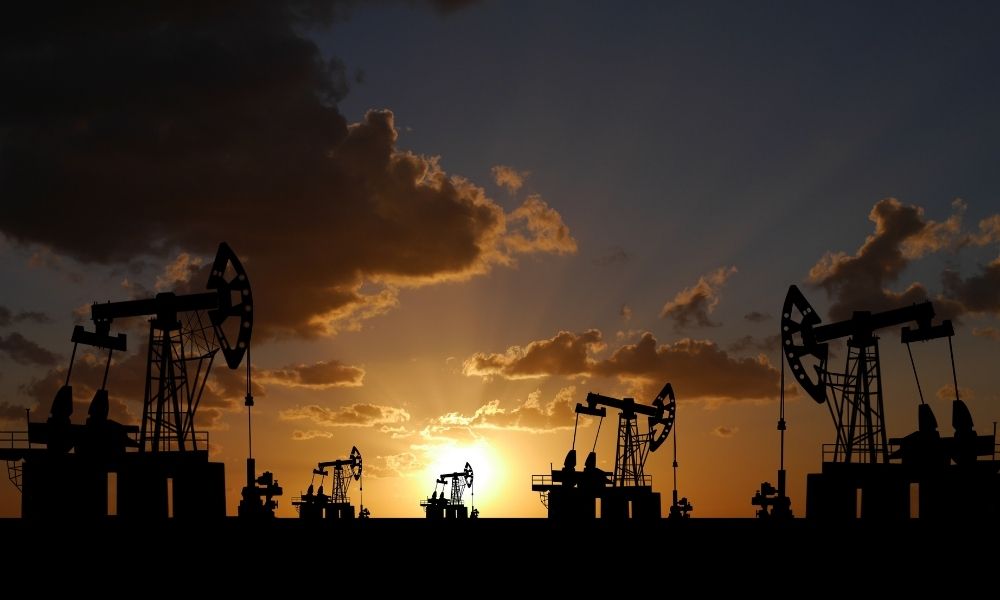
02 Jun The Importance of Geology in Oil & Gas Exploration
Geologists are some of the most underrated people today. Without them, we wouldn’t understand much of what goes on under the Earth’s surface. Additionally, the oil and gas industries would look entirely different. This piece explains why no one should underestimate the importance of geology in oil and gas exploration.
What’s Going on Under the Surface?
Studying what’s going on underneath the Earth’s surface is perhaps the most essential aspect of a geologist’s job. These professionals perform “ultrasound-like” tests to determine the best places for drilling; they also use their knowledge of sedimentary rocks and examine fault lines. By evaluating fault lines, professionals can discover areas that are rich in oil and gas.
Geology’s Role Throughout the Drilling Process
A geologist’s work isn’t complete after finding the perfect drilling location. These professionals must continue to work as the drilling process commences. Essentially, geologists study the samples brought to the surface to determine if they’re rich in oil and gas.
Can Geologists Predict Earthquakes?
Most state and federal operations rely on geologists to examine earthquakes caused by oil and gas drilling. It’s a little-known fact, but geologists help set many state and federal regulations about drilling, the potential for earthquakes, and drilling’s environmental impact.
Knowing the importance of geology in oil and gas exploration is key to understanding the field as a whole. In sum, the oil and gas industry wouldn’t be as efficient or productive without geology. Oilfield workers rely on geological findings and data to understand what they’re doing. Moreover, workers should use assistive tools to help complete their tasks. Luckily, this is when C-MOR Energy Services comes in. We have top-quality drilling rig lights to make it easier to see. Shop our collection today.


